The Atlanta CEO Council’s (ACEO) mission is to connect CEOs to capital, customers, talent, and each other.
On Mondays, at the time we normally hold our dinners, CEOs gathered to hear Shila, Founder & General Partner at Zane Venture Fund and Vik Partner at Cypress Growth Capital, LLC, lead a discussion on the state of early stage companies in the midst of a pandemic economy.
Shila Nieves Burney, Founder and General Partner at Zane Venture Fund
The Zane Venture Fund is a $25 million, woman-led fund investing in early stage, tech-enabled companies with diverse teams and founders. Currently, 3 percent of capital funding reaches women and black entrepreneurs. This is a statistic Zane Venture Fund wants to improve by supporting companies that can capitalize on financial resources to scale. By catalyzing the proliferation of organizations led by diverse founders and teams, Zane Venture Fund seeks to add more money to the economy, specifically in deprived and marginalized communities.
As the Founder and General Partner of Zane Venture Fund, Shila Nieves connects with diverse entrepreneurs of companies who are trying to scale with MVPs in the market. Her work with these talented individuals and her partnership with Sig Mosley, founder of Mosley Ventures, makes her an excellent voice to lead the discussion on the state of early stage companies in the midst of a pandemic economy.
Vik Thapar, Partner at Cypress Growth Capital, LLC
Cypress Growth Capital is the largest, royalty-based growth capital investor in the United States. Since their founding in Dallas, Texas, Cypress has completed dozens of multimillion-dollar royalty investments in software and tech-enabled services companies. With more than $100,000,000 of capital under management, Cypress has an established track record of funding emerging companies and helping entrepreneurs achieve their goals. Cypress levels the playing field for entrepreneurs by offering smaller, non dilutive capital from their $42 million fund to help businesses grow their ARR and MRR.
As a Partner at Cypress Growth Capital, LLC, Vik Thapar works with entrepreneurs running businesses ranging from $3 million – $20 million ARR to help them scale to new lengths. His investing experience, background in tech consulting, and relationships with various funding sources allows him to offer an informed perspective in the discussion on the state of early stage companies during the pandemic.
Dry Wells and Low Valuations by Vik
- Equity pipelines have dried up by about 90% at the start of the pandemic, but are improving with time.
- Many investors are grappling with the idea of investing huge capital into companies without meeting the entrepreneurs in person.
- Investors are assigning low valuations to companies due to the uncertainty, so entrepreneurs are waiting for a better time to sell their companies.
Outcome Based Investing by Vik
- Since the pandemic, statistics and outcomes have become the leading factor in investment decisions over charisma and salesmanship.
- Cypress has championed this investment strategy long before the pandemic.
- The fund now uses historical data for driving decision making based on consumer acquisition cost, lifetime value, and burn rates.
- Cypress recalibrated how it evaluates companies by pivoting its investment criteria. The team now assesses companies based on their ability to grow under “normal” conditions.
Paycheck Protection Program Loans by Shila and Vik
- PPP loans are a saving grace for some companies, a supplement for others, and an unattainable aid for many.
- The loans pushed so much capital into companies that there was not a need for capital investment for at least 8 weeks.
- The loans solved a lot of entrepreneurs’ needs in the short term, but now companies are approaching Cypress for funding again.
- There has been some doubt in the distribution of the loans.
- Many companies that did not need the loans received them while smaller businesses have found it difficult to access them.
- The latest round of government funding has not been completely exhausted, so there is still some hope for some businesses.
- Other financial packages like the Mainstreet and Economic Injury Disaster loans are also available.
B2C vs B2B in the Pandemic by Shila and Vik
- The Zane Venture fund works with several B2C companies that have been hit hard since consumers are shedding unnecessary purchases and subscriptions.
- Good entrepreneurs are responding by paving new revenue streams to keep their businesses afloat.
- B2B companies selling enterprise services took a cushioned blow given the PPP loans and resiliency of their sizable clients.
- Many B2B sales have been delayed as customers push deadlines back further and further.
- Companies in the Cypress portfolio are looking to sustain themselves first and possibly grow by 30-40 percent later this year.
- Cypress is advising some of its companies to make hires or even acquisitions since there is good talent that is unemployed and businesses that are drowning.
Migration from Big cities to Smaller Cities Shila and Vik
- Entrepreneurs and employees are moving to smaller cities for a better and more affordable quality of living.
- Remote working is on the trajectory of becoming a corporate norm long after a vaccine is distributed.
- Companies are reducing offices to accommodate no more than hot desks and meeting rooms (some decreasing spaces by 90 percent).
- The rise in remote working is likely to bolster the migration from larger cities to smaller ones.
Transitioning to a Virtual Economy Shilah and Vik
- Going virtual has been difficult to execute for many B2C companies, even those that are rooted in technology.
- Tech-based B2B companies have had an easier transition, but they are not immune to the difficulties discussed in Reopening Series Part 1: Reasons to Return.
- Companies are making multimillion dollar, B2B buying decisions online, so sales teams no longer need to fly to visit prospects.
Manufacturing Is Returning to US by Vik
- Manufacturing is slowly returning to the U.S. as an effort to limit the fragility of supply chains.
- Some leaders predict it would be cheaper to spend more money manufacturing in the US than to navigate the global supply chain during a crisis like this.
- Even after foreign manufacturing plants reopened, shipments were still backlogged because shipping PPE took priority.
- Read Supply Chain: Crushed By COVID-19, to learn how the pandemic exposed several weaknesses within the global supply chain.
Tee Faircloth| Geoff Graham | Anand Charurvedi | Adwait Joshi | John Avery | Sanjay Bhatia | Craig Haynor | Alok Deshphande | Araz Feyzi| Frank Tighe | Andrew Bate | Janine Bowen | Cory Hewett | Palaniswamy Rajan | Chrissa McFarlane | Sathish John | Vipula Tailor | Harish Mamtani | Natalie Cheney | Bird Blitch
As attendees listened to Shila and Vik discuss what they are seeing and hearing among the entrepreneurs they work with, there was a subtle understanding that the environment for early stage companies will continue to change as the world carries out its war against COVID-19.
See this article on LinkedIn.

























